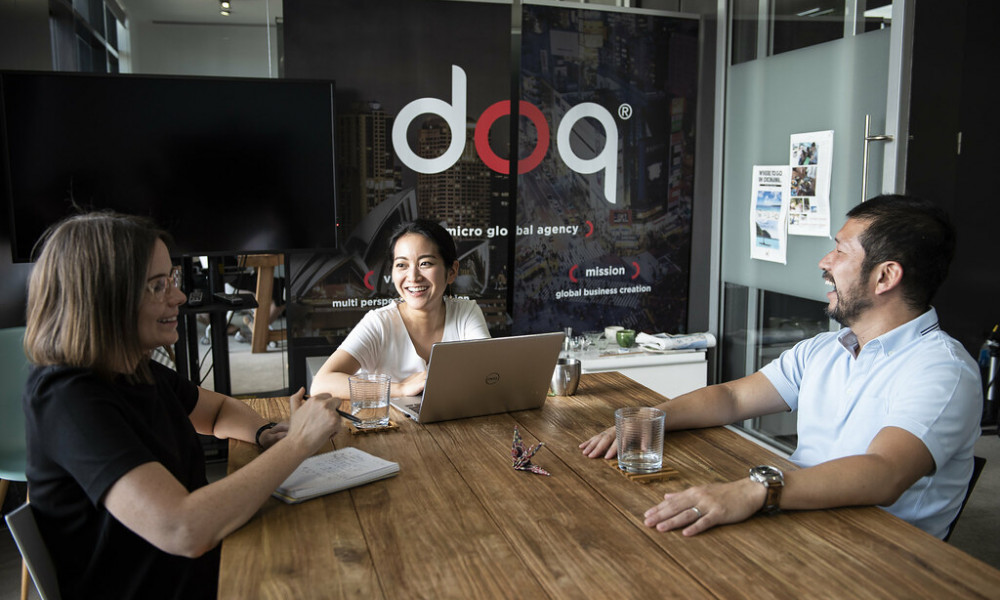Before you start looking
Student visa holders can work no more than 48 hours a fortnight while studying. Student visa holders have no work restrictions when their course of study or training is not in session.
Visit the Department of Home AffairsExternal Link for more information about work rights for student visa holders.
Check the rules at Visa Entitlement Verification Online (VEVO).External Link
Use the Fair Work Ombudsman's Pay and Conditions ToolExternal Link to find out pay rates, penalties, allowances and leave entitlements. If you have questions about your pay and conditions at work, you can visit fairwork.gov.auExternal Link for help. This website has information available in 27 languages.
If you're an overseas student and enrolled to study in Australia in a course that lasts for 6 months or more, you may be regarded as an Australian resident for tax purposes. Learn how to create a Tax File Number through the Australian Tax Office.External Link
Depending on your qualification you may be entitled to work rights after your studies, but not all students will be eligible. Check the eligibility criteria and rules on the official Department of Home AffairsExternal Link website.






